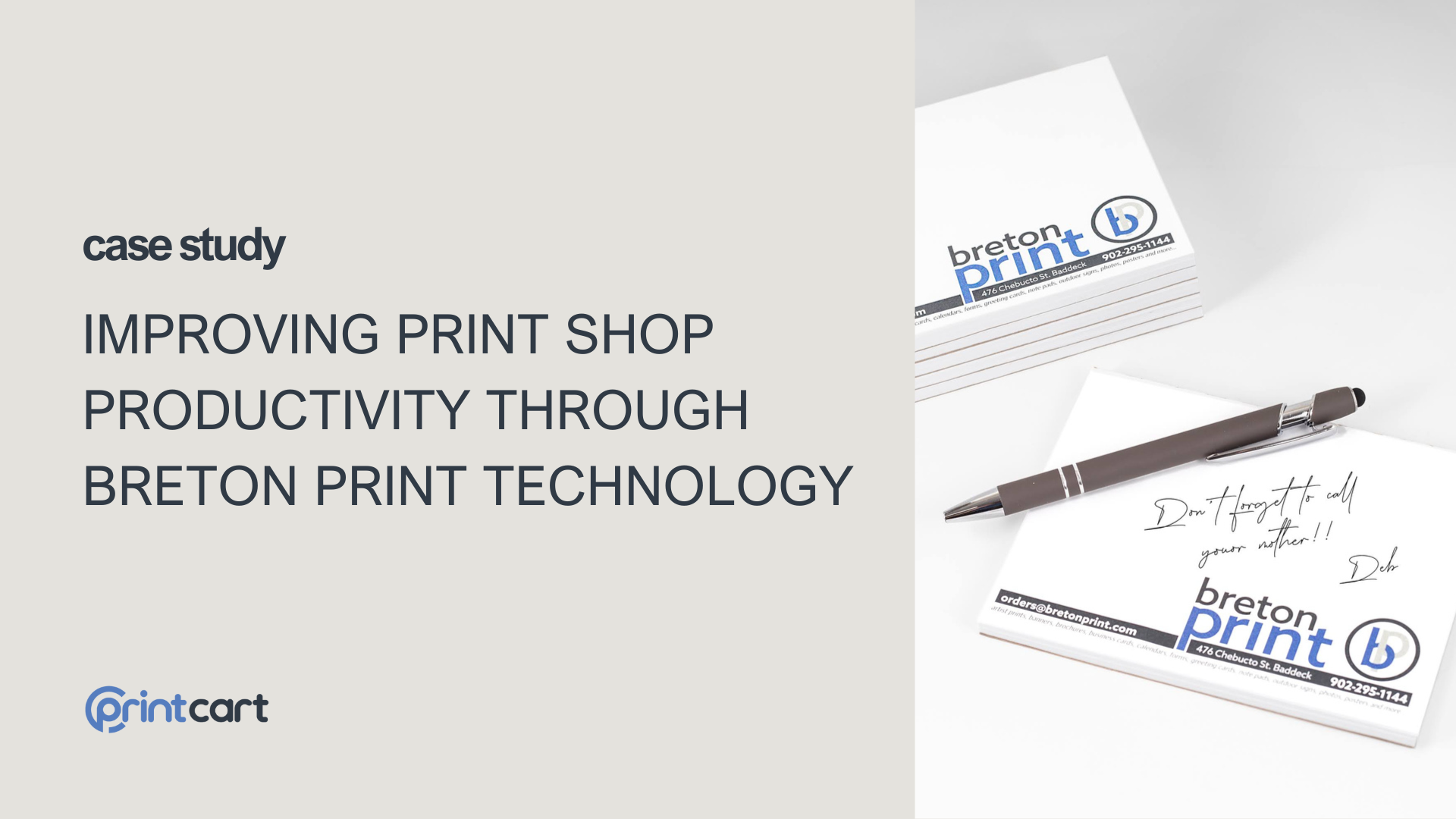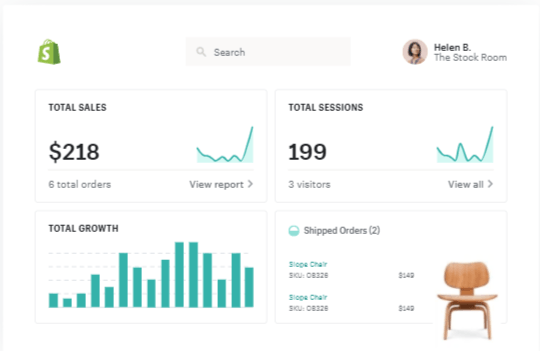Other Usefull Contents
You can see many success stories from our customers, and you may be one of them in the future
0 Reply
Custom order print tracking and management are crucial for a printing business. Sometimes, the process can become inefficient when dealing with multiple orders, customer personalizations, and various factors that could complicate your workflow. That’s where you’ll need the best customer service software tools that greatly help you streamline your workflow. Aside from streamlining processes, these tools can also increase customer satisfaction. In this article, we’ll dive deeper into why you should use customer service software in custom print order tracking and management by giving this solution various benefits and use cases. So, let’s dive in.
Read More0 Reply
Here’s everything you need to know about this year’s cow print trend. Better make room in your closet, because cow print is the moooove this season.
Read More0 Reply
Do you want to know “how did he start”? I am going to tell you his story about starting a successful business right now.
Read More


.jfif)











With the growth of e-commerce, online businesses are easier to flourish than ever. With so much competition at your customer’s fingertips, it’s important that your e-commerce website is attractive enough to draw in more visitors with more positive user experience. Creating a positive experience should be an ongoing pursuit and more invested in.
This blog article will give you some tips to improve your E-Commerce website and to enhance such experience which helps you boost sales.
1. Site navigation
You should pay attention to site navigation when building a website. Simple yet effective site navigation is likely to save your web users sometime when shopping online. If your users can find what they want in the shortest time possible, they are more likely to buy something and will possibly return to your site when they want something else.
Think like a customer to see what they want when entering a new commerce site; identify an item and try to find it without previous knowledge of your site. Any improvement to your site navigation will have a dramatic effect on the user experience and your business objectives.
2. Site speed
Recent research shows that 40% of users tend to leave a website if it takes longer than 3 seconds to load.
Online consumers are more fickle and impatient as they have more choices when shopping online. If you keep them waiting for even a second longer, they may leave your site without purchasing. So it’s best to speed up your site. This way is another tips to improve your E-Commerce website.
3. Search engine optimization - SEO
Every site in existence should incorporate some form of search engine optimization (SEO), and this is especially essential for e-commerce sites.
Over seventy percent of all sales inquiries begin with a search engine. Consumers usually type in some keywords and expect the engine to know what they mean.
Try to include these key terms wherever possible on your site, so that their searches will lead to your landing pages. Try to enhance the efficiency of the SEO of your site to make sure it will appear on the result page of the search engine.
4. Product Copy and Product Images
Competing in this digital era is partially about advertising, here, it is copywriting and images.
Product images in an e-commerce environment are important, where the consumer is buying from their laptop or mobile, they are not getting to see it and touch it in-store. So product images need to create a sense of reliability and assurance. Multiple photos of the product, zoom capability and even 360 degree rotations are likely to do that better than one single image.
And for the product description, a professional copywriter can turn a mere product description into a statement that makes customers think they can’t live without it. So try to invest more in product description, show the advantages of the product and maybe, add some feedbacks to build trust.
5. Blog and Content
Outside of the sales pages and the main page, try adding some fun content to your sites, like blogs and articles. The writing can be about anything related to your products, tips and reviews as well. Showcase your standout products in easy to read product guides, or give an easy explanation on the types of products you sell to better answer your customer’s questions.
As with any action you’re taking toward potential consumers, the idea is to add value. This can often take the shape of informative content that leaves them with a better idea of how to best use your products or services and be one of your best used tips to improve your E-Commerce website ever.
6. Responsive to mobile devices
Because of convenience, people also use mobiles and tablets for online shopping. Research indicates that 40% of mobile users have bought something online from their devices. Furthermore, 63% of millennials shop on their phones.
These numbers can’t be ignored. Build your website to make it optimized for mobile devices. If your site isn’t mobile-friendly, it may turn potential sales away.
For those of you without an optimized mobile site, it might be the explanation for a decline in sales. I’d make that a top priority on your to-do list. Something else you can consider is building a mobile app. Improving the customer experience will get you more sales and increase your revenue.
As an online shopper, here’s the list of experience that I expect to have when shopping on my mobile devices.
If your website, mobile site, and mobile application can provide these benefits, you won’t have trouble getting more sales.
7. Display security icons
Nobody will want to purchase on your eCommerce website if it appears sketchy or otherwise untrustworthy.
One of the first things you need to do is make sure your website is secure. In the last five years, 46% of Americans have been the victims of credit card fraud. The security of their information is a priority for online shoppers.
The best way to alleviate these concerns is to display the safety badge provided by your online merchant and make it visible throughout the checkout process. Make sure you’re not lying or misleading your customers.
Don’t just go slapping these badges everywhere on your website unless you actually have a business with these companies. Otherwise, you may end up in some legal trouble also.
8. Different payment methods
Recognizing the customers’ needs and offering them what you can provide. In this case, different payment options.
Not everyone has a Paypal account or a MasterCard, so you have to give people different options to pay for the products and services on your website. If you only accept Visa and MasterCard, you’re alienating lots of potential customers. Make sure you have the capability to accept debit cards in addition to credit cards.
The last thing you want is a customer who wants to proceed payment but can’t complete it because you don’t take their primary payment method. Continue to adapt to the new trends as well. Alternative payment options such as Apple Pay or Google Pay are growing in popularity too.
If you have a mobile application, customers can easily pay for items via Apple Pay and Google Pay with just a few clicks. Making the checkout process as simple as possible will lead to more sales.
Final Conclusion
Starting your own print-on-demand business is an exciting journey that combines creativity with entrepreneurial freedom. By leveraging platforms like Shopify or WooCommerce and tools like CMSmart’s Online Product Designer, you can create a scalable business with minimal risk. Print-on-demand not only empowers you to offer unique, personalized products but also lets you focus on what matters most—growing your brand.
Whether you’re just starting or looking to pivot to a new business model, print-on-demand offers unmatched flexibility, sustainability, and profitability. Now is the perfect time to turn your ideas into reality. Begin your journey today, and take advantage of the growing e-commerce trend to build a brand you’re proud of.
Ready to get started? Explore CMSmart’s tools and services to take the first step toward launching your print-on-demand business. Use code MAR_DL for an 18% discount, and let’s create something amazing together. Any questions should be sent to our support team or to my contact for the best assistance.
Best Regards.
Jennie